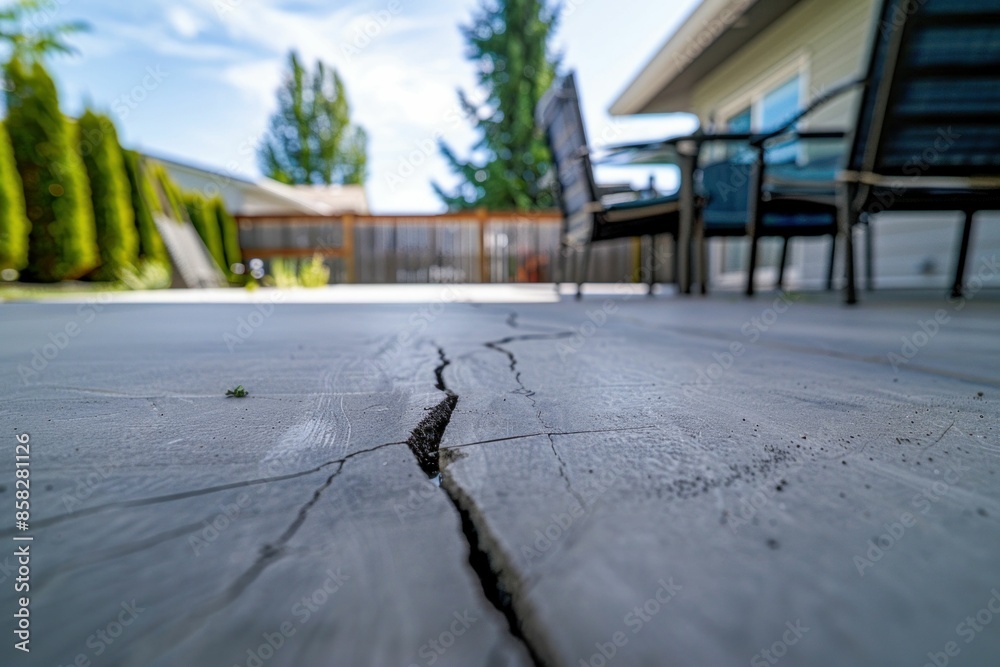Hiring a contractor for your home improvement project is a significant investment, and it’s essential to ensure that the work is completed ethically and professionally. Unfortunately, not all contractors adhere to high standards of integrity. If you encounter an unethical contractor, it’s crucial to know how to report them to protect your investment and prevent others from falling victim to similar behavior. Here’s a step-by-step guide on how to report unethical contractors.
1. Recognize Unethical Behavior
Common Signs of Unethical Contractors- Poor Workmanship: Substandard work that does not meet industry standards.
- Overcharging: Inflated costs or unexpected charges not agreed upon in the contract.
- Lack of Permits: Failing to obtain necessary permits or comply with local building codes.
- Unlicensed Work: Performing work without the required licenses or insurance.
- Incomplete Projects: Abandoning the project before completion or failing to meet deadlines.
- False Claims: Making false claims about qualifications, materials, or project scope.
- Unprofessional Conduct: Rude or disrespectful behavior, failure to communicate, or deceptive practices.
2. Document the Issues
Gather Evidence- Written Records: Keep copies of all contracts, estimates, receipts, and communications (emails, text messages, letters).
- Photographs: Take clear, dated photos of the worksite, particularly any substandard or incomplete work.
- Witness Statements: Collect statements from any witnesses who can corroborate your claims, such as neighbors, subcontractors, or other professionals.
- Incident Log: Maintain a detailed log of incidents, including dates, times, and descriptions of the unethical behavior.
- Financial Records: Keep detailed records of all payments made, including amounts, dates, and methods of payment.
3. Attempt to Resolve the Issue Directly
Communicate Your Concerns- Formal Complaint: Send a formal complaint to the contractor, detailing your concerns and providing evidence of the issues.
- Request Resolution: Clearly state what actions you expect the contractor to take to resolve the problem, such as completing the work, providing a refund, or correcting substandard work.
- Set a Deadline: Give the contractor a reasonable deadline to respond and address the issues.
- Neutral Third Party: Consider hiring a neutral third party, such as a mediator, to facilitate discussions and help resolve the dispute amicably.
- Mediation Services: Many local consumer protection agencies and professional associations offer mediation services.
Join HICP Homeowner’s Alliance
Connect with experts, get special discounts and enjoy member benefits
4. Report to Licensing Authorities
State Licensing Board- File a Complaint: Contact your state’s contractor licensing board or regulatory agency to file a formal complaint. Provide all documentation and evidence.
- Investigation: The licensing board will investigate your complaint and may take disciplinary action against the contractor if they are found to be in violation of licensing laws.
- Code Violations: Report any code violations or unpermitted work to your local building department. They can conduct inspections and enforce compliance with building codes.
5. Report to Consumer Protection Agencies
Better Business Bureau (BBB)- Submit a Complaint: File a complaint with the BBB to document the issue and seek resolution. The BBB will contact the contractor to address the complaint and attempt to mediate a solution.
- Review the Contractor: Leave a detailed review of your experience on the BBB website to warn other consumers.
- State and Local Agencies: Report the unethical contractor to state and local consumer protection agencies. These agencies can investigate and take action against fraudulent or unethical business practices.
6. Seek Legal Advice
Consult an Attorney- Legal Rights: Consult with an attorney who specializes in construction law or consumer protection to understand your legal rights and options.
- Demand Letter: Have your attorney draft a demand letter to the contractor, outlining your claims and requesting resolution.
- Small Claims Court: For smaller disputes, consider filing a claim in small claims court. This process is less formal and does not require an attorney.
- Civil Lawsuit: For larger disputes, you may need to file a civil lawsuit against the contractor to seek compensation for damages and incomplete work.
7. Report to Professional Associations
Trade Associations- Membership Verification: Check if the contractor is a member of professional associations, such as the National Association of Home Builders (NAHB) or the National Association of the Remodeling Industry (NARI).
- File a Complaint: Report the contractor’s unethical behavior to the relevant trade association. These organizations often have codes of ethics and can take disciplinary action against members who violate them.
8. Share Your Experience
Online Reviews- Review Websites: Share your experience on online review platforms like Yelp, Google Reviews, and Angie’s List. Provide a detailed account of the issues to help other homeowners make informed decisions.
- Social Media: Use social media platforms to warn others about the unethical contractor and share your experience with a broader audience.
- Community Forums: Participate in local community forums or homeowner association meetings to share your experience and warn others.
- Personal Network: Inform friends, family, and neighbors about the contractor’s unethical behavior to prevent them from becoming victims.
Conclusion
Reporting unethical contractors is crucial for protecting yourself and others from substandard work and fraudulent practices. By recognizing the signs of unethical behavior, documenting the issues, attempting to resolve the problem directly, reporting to licensing authorities and consumer protection agencies, seeking legal advice, and sharing your experience, you can take effective action against unethical contractors. These steps will help ensure accountability, promote ethical practices in the home improvement industry, and protect homeowners from future misconduct.



















